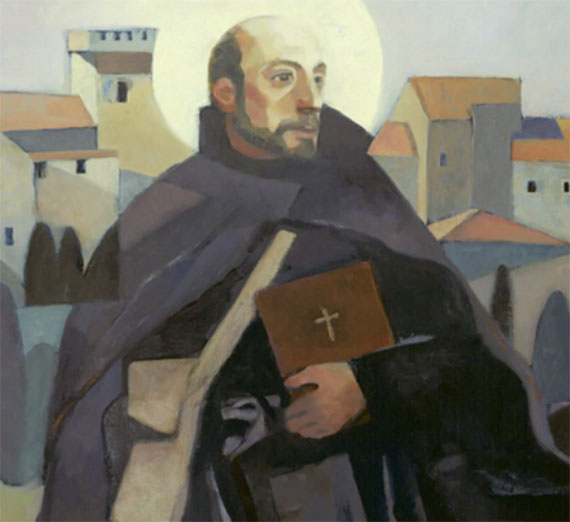Understanding What Magis Really Means

Since my early days at Gonzaga, I have been both inspired by and confused by the idea of Magis.
Ask one person, and they’ll say “Magis means more… doing more.” Ask another, and they’ll describe Magis as excellence, or generosity. And I would think, “How can this thing that seems so important to our university identity seem so poorly understood?”
It wasn’t until I participated in a formation cohort, available through the Office of Mission Integration to help lay people live out the Jesuit mission in our work, that I finally understood.
It turns out that we members of Gonzaga aren’t alone in our vacillating ideas of Magis. Father Barton Geger, SJ from Regis University clearly articulated this in his essay “What Magis Really Means, and Why It Matters”, when he too described the many ways that the word has been translated. It was originally a Latin adverb meaning “more” or “to a greater degree”, but Ignatius himself never used the word; its use only came into being in the 1950’s. A recent appearance, however, does not lessen its central place in Ignatian Spirituality. The purpose of its introduction has been to capture ideas and values that Ignatius did express in his writings, using phrases like: “the more universal good,” “the greater divine service,” and “the greater glory of God”.
In his essay, Father Geger uses the Jesuit Constitutions, the founding document of the Jesuits, as well Ignatius’s own letters, to parse out the nuances that Magis describes, so that lay people can carefully adhere to Ignatius’s intentions for a Jesuit education:
“When discerning between two or more good options, all else being equal, choose that which serves the more universal good, i.e., that which makes the widest impact”.
Ignatius himself describes very practical ways of choosing between two equally good options, in which one chooses those that address the greatest need, occur where people are already enthusiastic to the cause, or have the greatest long-term impact. Interestingly, he also describes selecting the least dangerous option, working with groups over individuals and in cities over towns (both so that the works of the Jesuits can spread more quickly to large groups of people), and completing projects that can be completed the most expediently. He was strategic! Ignatius also recognized that, because both options being considered were inherently good already, either choice could be right. He understood that two people could discern different courses of action that could both be correct: “The same Spirit could inspire me to take up one point of view for some reasons and inspire others to the contrary for other reasons”.
One of Father Gregore’s students summed up Magis by saying, “Work smarter, not harder!” Father Gregore followed this by adding, “By ‘smarter’ we should think of careful and courageous discernment of where lies the more universal good”.
